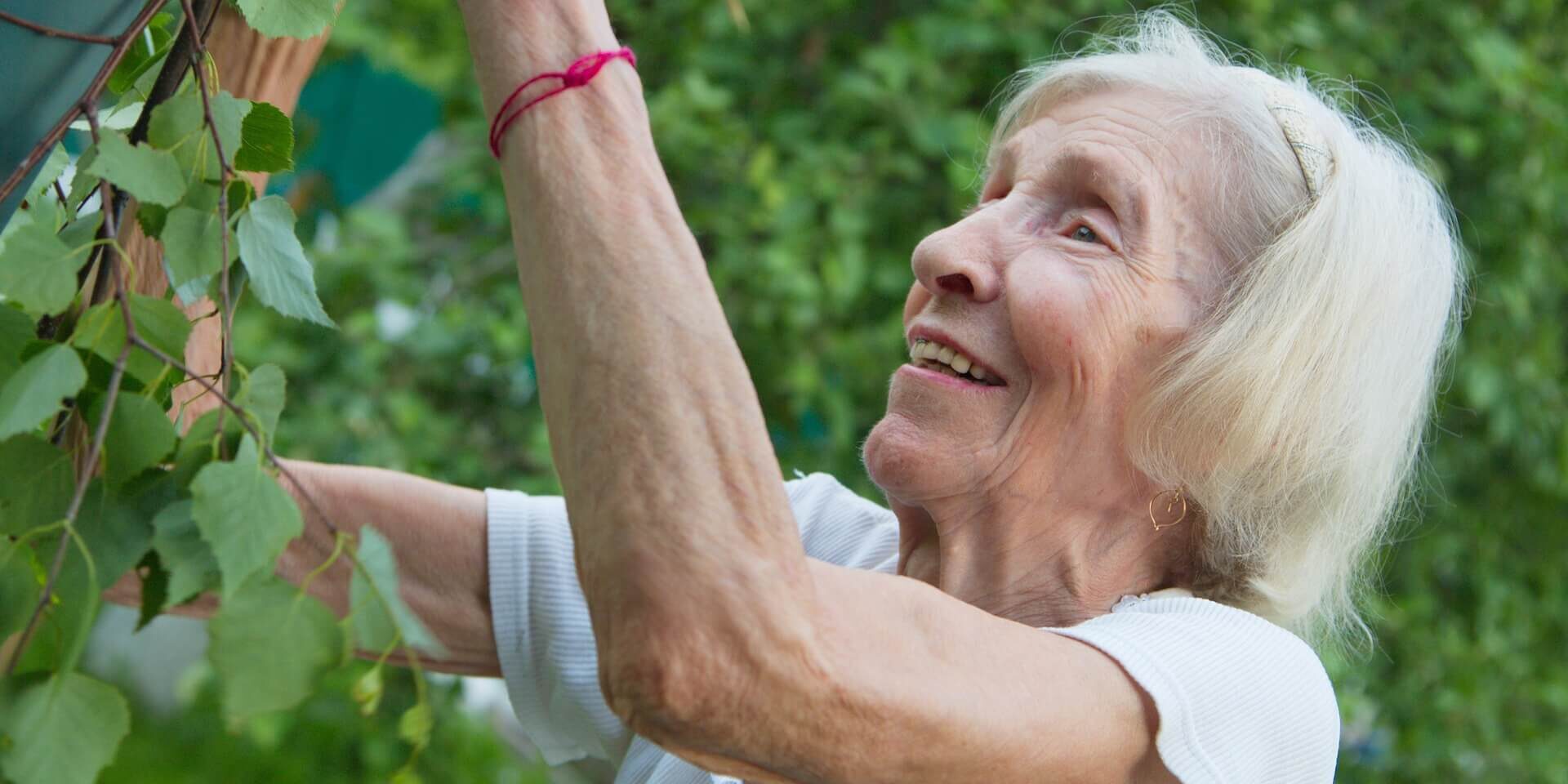Financial Abuse of Elders Is a Growing Problem Across the Country
As a person ages, it is common for others to help get involved in their financial matters. Those could include their family members or care team. Many elders, those who are 65 and older, are at risk for financial abuse or exploitation. As licensed PI’s, we have seen heartbreaking cases surrounding elder exploitation, many involving their own children and other family members.
 What is Financial Abuse or Exploitation of Elders?
What is Financial Abuse or Exploitation of Elders?
Financial abuse or exploitation of elders is when someone (exploiter) takes advantage and misuses a vulnerable adult’s (exploited) assets for their own gain. This can happen at home, a specialized care facility, or even at a nursing home. Financial abuse or exploitation can be a result of deception or false pretenses but it is common for this type of abuse to include coercion, threats, and harassment.
Financial abuse of elders is a felony and must be taken seriously. We will provide resources for how you can report financial abuse later on so you can protect your loved ones.
Signs of Financial Elder Abuse or Exploitation
If you are worried about a loved one being financially abused it is important to look out for warning signs.
- Unusual patterns appearing in financial statements or banking practices
- Unusual use of credit cards
- Missing money or valuables
- Legal documents (ex: will or power of attorney) signed by a person who cannot understand what is being signed
- Inaccurate signatures on financial or legal documents
- Unpaid bills or sudden financial hardships
- Checks are written out to “cash” or unauthorized ATM withdrawals
- Abrupt changes in the elder’s mood or disposition
Exploiters are looking for vulnerable people who are isolated and may suffer from dementia or physical limitations that make them dependent on a caregiver.
Why It’s a Growing Problem
Financial exploitation in the elderly population has been on the rise, with financial institutions reporting that the rate of elder financial exploitation has more than doubled globally since the beginning of the COVID-19 pandemic. It was found that family members are the main culprits, with them stealing on average twice as much money compared to strangers in the elder’s life.
This quadrupled the number of such incidences from 2013 to 2017, according to the Consumer Financial Protection Bureau, or CFPB. Even with this statistic, the fact of the matter is that elder financial abuse largely goes unreported. This happens for a variety of reason but here are the main scenarios as to why it is not reported:
- The exploited don’t know it is happening
- The exploited don’t know who or where to report it
- The abuser is a trusted person in the exploited’s life
- The exploited feels shame or is scared of retaliation
Where and How to Report Financial Abuse
If you are concerned that a loved one is a victim of financial abuse, you have options when it comes to reporting the abuse.
- Adult Protective Services (APS) are social service programs that are run by the state. However, depending on the state, it can have a different name, so be sure to research carefully. APS serves older adults and adults with disabilities who are in need of help due to exploitation, neglect, or abuse. Find your local AP
- If there is an urgent risk of harm, call 911 immediately. If there is not an urgent risk of harm, call the non-emergency number of your local law enforcement.
Information Needed to File a Report
Just like with any other crime, it is important to have as much evidence and information as possible in your report. The more details and examples of the crime, the better. If you don’t have all the details it is alright, authorities will not expect you to have all the information, but here is information that is helpful to have for them:
- Time, date, and location of the incident(s)
- Any contact information for those thought to be involved
- List of disabilities or health conditions of the abused
- List and descriptions of suspected financial abuse as well as any other type of abuse or neglect you believe is occurring
- If you believe there is an urgent risk of danger of someone involved







